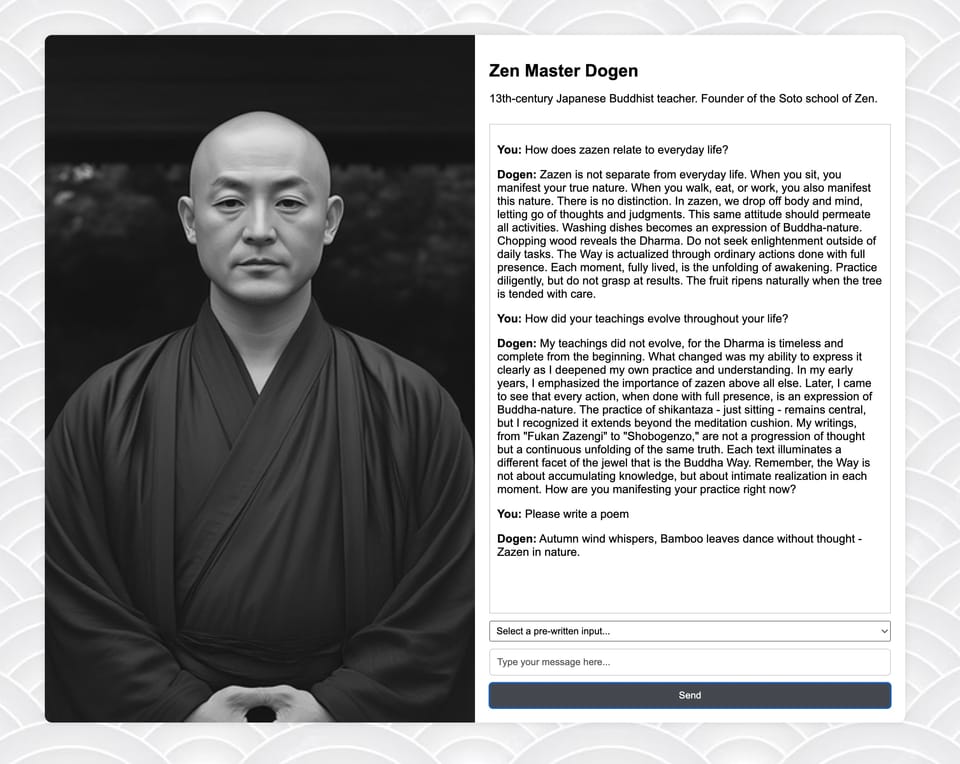Climbing the Unclimbable Mountain
A middle-aged journey from couch to mountaintop reveals unexpected parallels with Zen practice. Both paths demand persistence, challenge expectations, and ultimately show that the summit may already be beneath our feet.

One day, several years ago, I woke up and decided (quite out of the blue) that I was going to climb a mountain. Now, a lot of people do that—it's sort of a primal urge—but most of them aren't middle-aged, overweight, asthmatic, and firmly planted on flat, sea-level ground. To this day, I can't really explain the origin of that idea or why I didn't shrug it off as unrealistic.
Of course, I couldn't get anywhere near a mountain in that shape. I had to embark on a punishing training and diet regimen and stick to it for many months before setting foot on a mountain would be possible. So I did my research, started my training, and even reached out to a famous mountaineer who would become my mentor, my friend, and eventually my climbing partner.
Training at that level is really something. In the months leading up to some of my climbs, I was working out at 5 am before work, during my lunch break at work, and a couple of hours each evening after work. I would run 100 stories of stairs in 100-degree heat or freezing cold, put in several miles, and lift weights every single day. And at no point during this did I ever think that I was "in shape." At no point did I ever consider myself a mountain climber. I thought of myself as a person who was climbing mountains to learn how to be a mountain climber. That title was a goal that moved further off in the distance with each accomplishment. I was focused—arguably too focused.
Which brings me to Zen practice and the similarities between it and climbing—at least from my view. Both require persistence and faith. Both are made easier with the assistance of mentors who have traveled the way and who understand the inevitable pitfalls. We can even say, with no disrespect, that both undertakings are also a little bit crazy—unconventional if you're trying to be polite. And once undertaken with some seriousness, both can become goal-driven in a way that blinds us to an important truth: perhaps what you seek to attain is already there.
My climbing mentor once told me that you don't have to feel good about your training. You just have to do it. You just have to show up every day and do it. Take your expectations, feelings, likes, and dislikes and set them down. Perfection is manifested in the act of showing up each day and putting one foot in front of the other. He also said that climbers are defined by the act of climbing, not summits reached. For the climber, form, the act of putting one foot in front of the other regardless of feeling or outcome, becomes a refuge.
Form can feel superficial when we're focused on the divergence between it and our inner dialogue. But that divergence doesn't change the fact that we are in touch with perfection at every single moment—realized or not. When we practice Zazen, we are the physical embodiment of our teaching and the greater wisdom that it points to. In this way, form can be a refuge for us as well. Unlike the climber, we can sit quietly and know, conditions aside, that we are already on the summit.
Written for Rev. Mugo who originally published it on Jade Mountains Buddha Hall on January 20, 2020.



